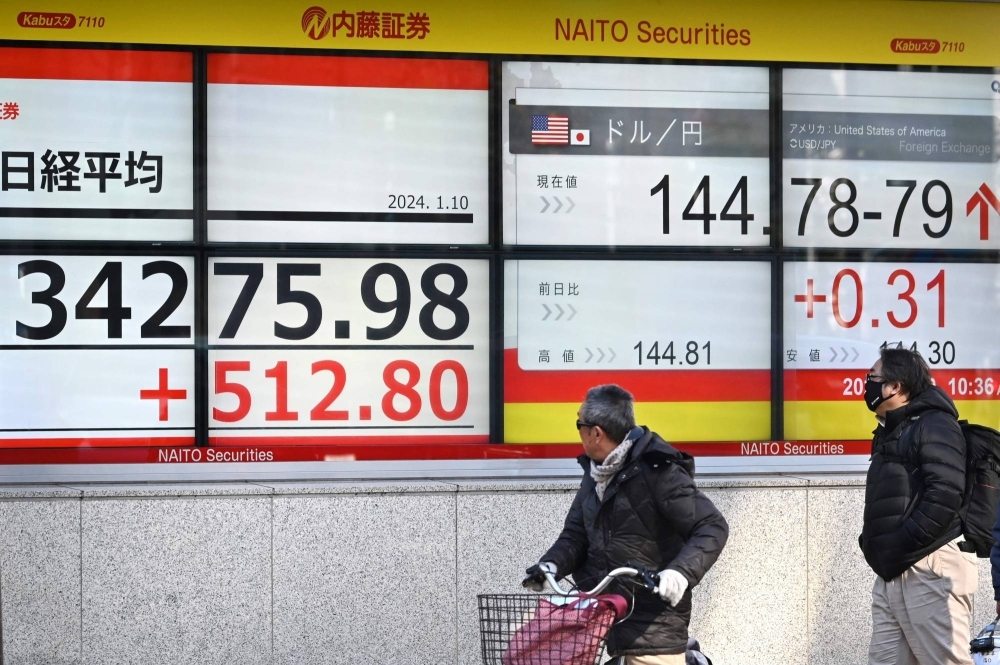Currency fluctuations affect different populations in different ways.
Consider the recent decline of the yen, which slid from around ¥103 against the dollar at the end of 2020 to a multidecade low of around ¥151 in late 2023. The weak yen has forced some of my economist friends in Japan to cancel their research trips to the United States because their grants now fall far short of travel expenses. On the other hand, Japan’s tourism sector is booming as a trip to Tokyo has become a bargain.
This raises the question of whether a local currency’s appreciation or depreciation is more desirable for boosting macroeconomic performance. In the case of Japan, an archipelago that is heavily dependent on trade, a stronger yen could be beneficial because the terms of trade usually improve as the currency’s value rises. The same volume of exports would translate into more imports.



